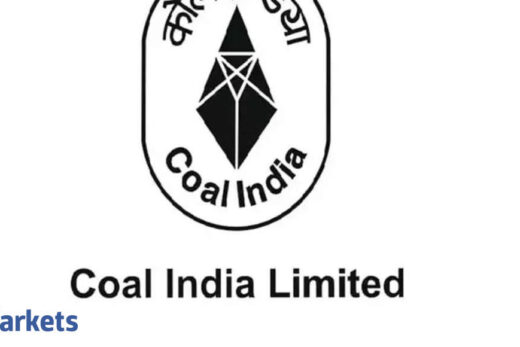NEW DELHI: Dalal Street veteran S Naren said US Fed rate hikes are going to be the biggest risks for the domestic market in the next two years.
At a virtual event, the CIO at ICICI Prudential AMC said the Fed would need to increase interest rates at some point, as the policymakers would be reluctant to stay put for too long.
“When all the Fed governors talked about an early increase in interest rates, Fed Chairman Jerome Powell said we are thinking about talking tapering. He did not talk about increasing interest rates at all. US yields came up for some time before coming back again,” Naren said, suggesting how difficult the rate hike call would be.
The Fed surprised markets on Wednesday after the median view of the 18-member FOMC committee on the ‘dot plot’ suggested two interest rate hikes by 2023. This was against the market expectation of no Fed rate hike till 2024.
Powell played down the situation by suggesting the ‘dot plot’ needs to be taken with a “big grain of salt”. He said the prevailing circumstances caused by the pandemic require economic forecasters a lot to be “humble about”.
That said, such concerns came back haunting Wall Street on Friday and domestic markets on Monday morning after St Louis Federal Reserve President James Bullard suggested an even faster tightening, predicting first rate hike as early as 2022 end.
Naren said if one would have asked somebody last year in March, nobody would have predicted that most people would be sitting at home, most companies would be operating via a work-from-home framework and that one will have a situation where mobility would not be hit hard and yet equity markets would rise substantially.
“But it did, all thanks to Federal Reserve,” Naren said.
Naren said the market never works on the basis that it will fall when the rate hike happens. “Very often, it falls much before the rate hikes. When the rate hikes actually happen, the market goes up. And thus the next two years are going to be an extremely interesting period,” he said.
While Powell lowered rate hike concerns last week, he acknowledged that the Fed was considering tapering its bond-buying $120 billion a month program, which includes $80 billion in treasury securities and $40 billion in mortgage-backed debt.
Naren said no pocket in the market can be considered extremely cheap at this point in time, but believes the Indian business cycle looks very attractive in the long term. He said the business cycle in the US has already picked up and felt that the domestic business cycle would pick up sooner than later.
“Credit growth has not picked up, corporates have not undertaken big capex, power demand has still not grown, and neither have we seen the business cycle in India pick up. It is only the US business cycle that has advanced. The Indian business cycle never really took off,” Naren noted.
Naren said since everyone has made money, incremental money needs to be invested carefully from here on.



